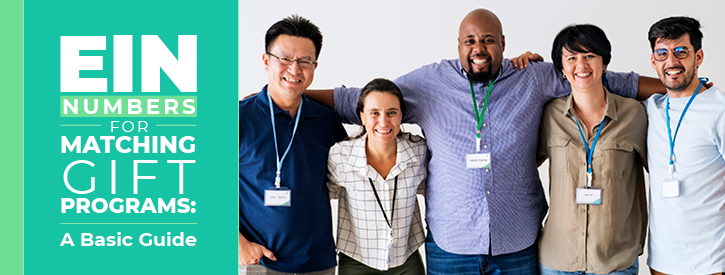
EIN Numbers for Matching Gift Programs: A Basic Guide
As a nonprofit fundraiser, you should hopefully know all about…

Matching Gift Disbursement FAQ: Your Top Questions Answered
Matching gift disbursement plays a considerable role in nonprofits’…
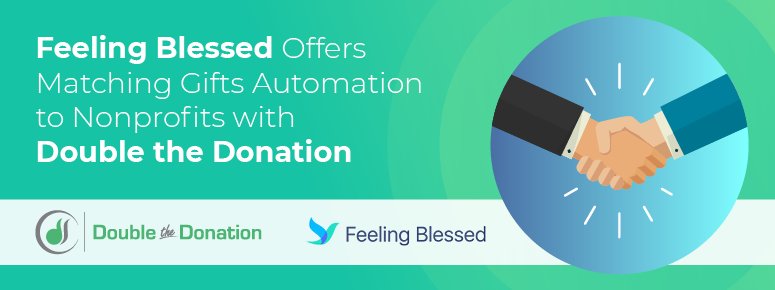
Feeling Blessed Offers Matching Gifts Automation to Nonprofits with Double the Donation
Double the Donation and Feeling Blessed are now partners, providing…
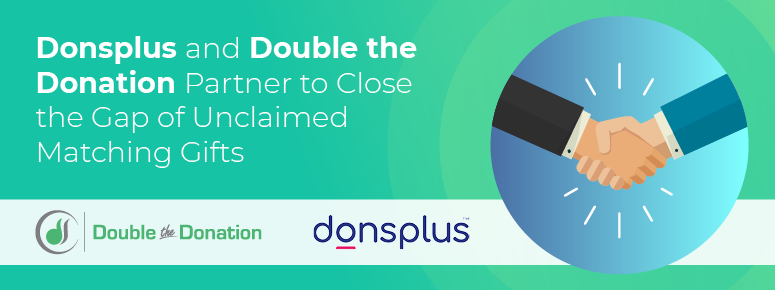
Donsplus and Double the Donation Partner to Close the Gap of Unclaimed Matching Gifts
We’re excited to announce that Double the Donation and Donsplus…
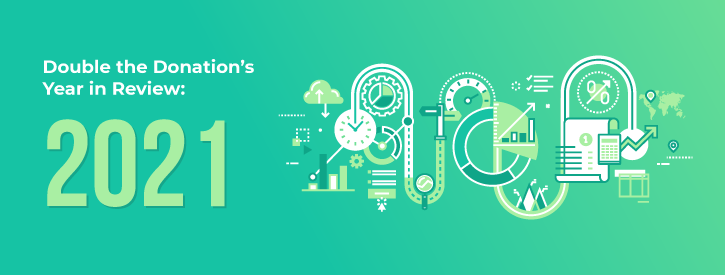
Double the Donation’s Year in Review: 2021
If you’ve been following along for some time…
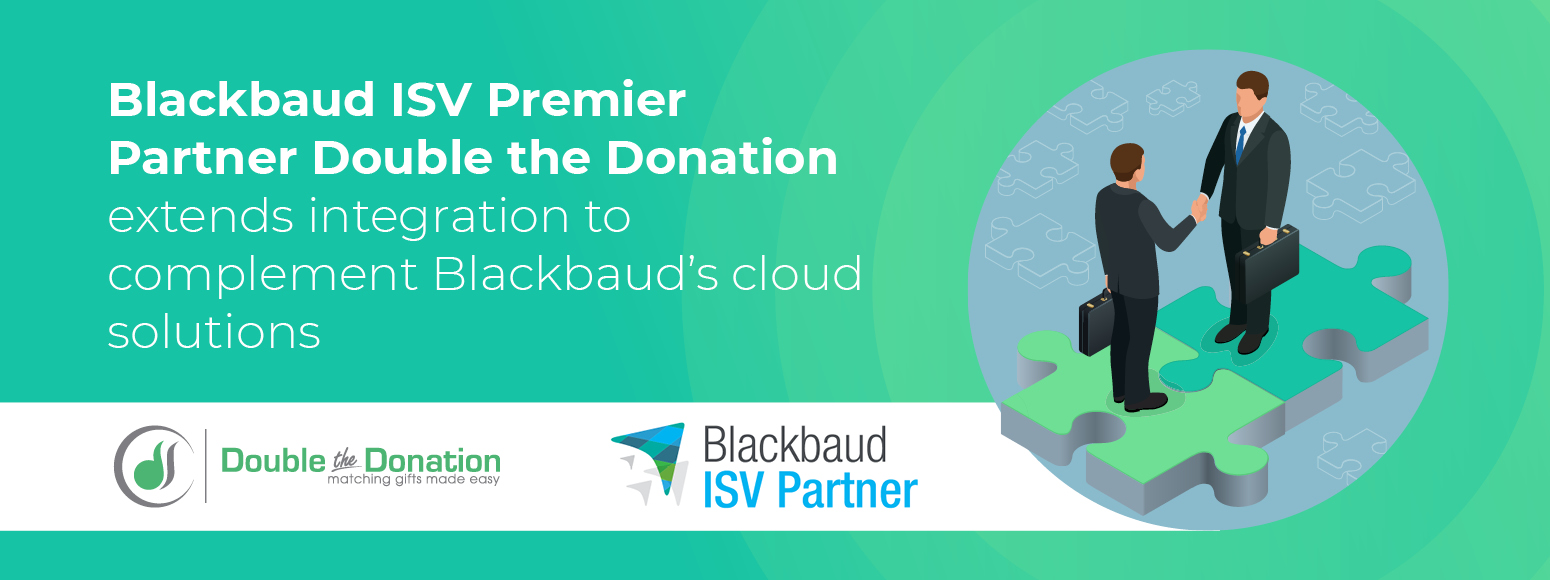
Double the Donation and Blackbaud Enhance Matching Gift Integration with Raiser’s Edge NXT and Double the Donation
Double the Donation and Blackbaud are thrilled to debut their…
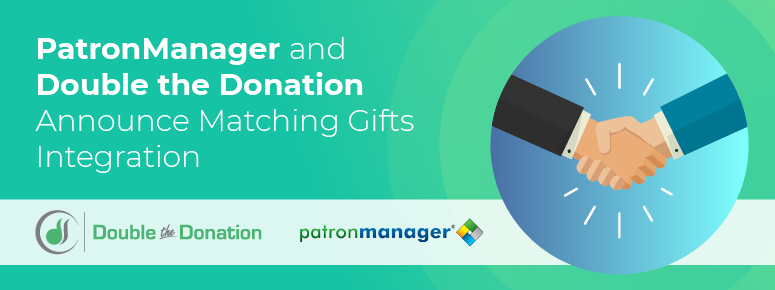
PatronManager and Double the Donation Announce Matching Gifts Integration
PatronManager - Patron Technology’s powerful ticketing and…
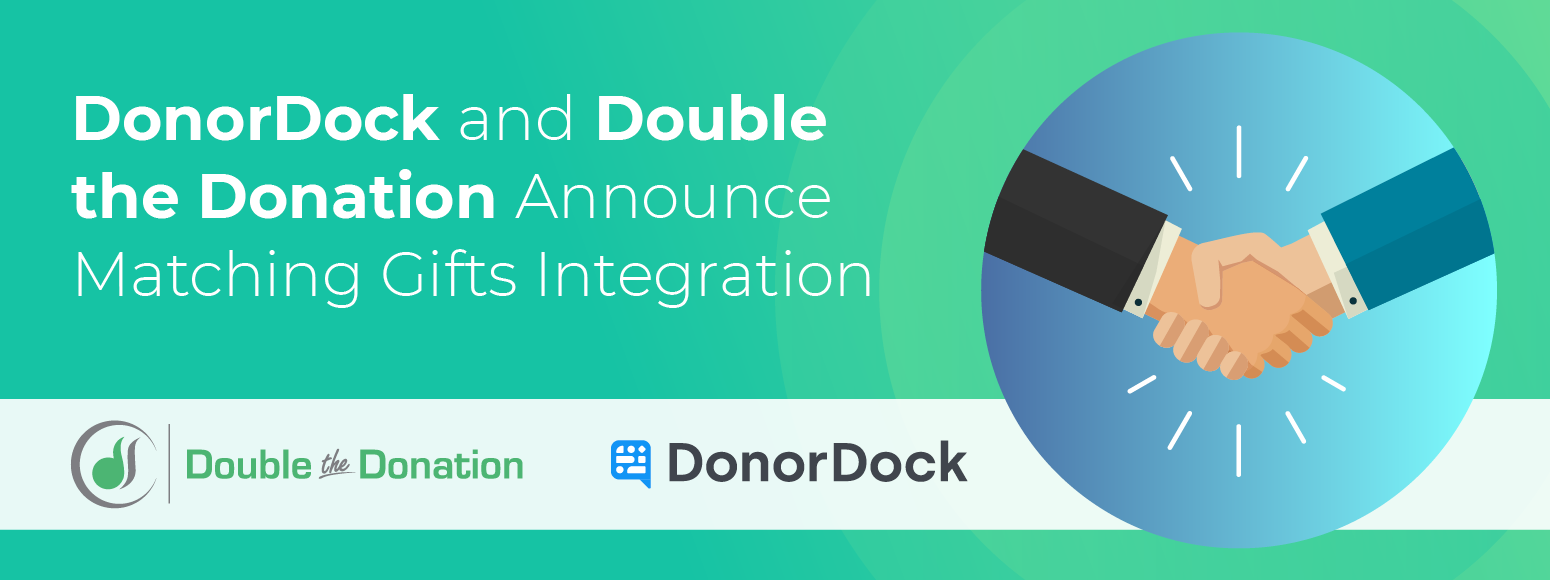
DonorDock and Double the Donation Announce Matching Gifts Integration
The Double the Donation and DonorDock teams are excited to announce…
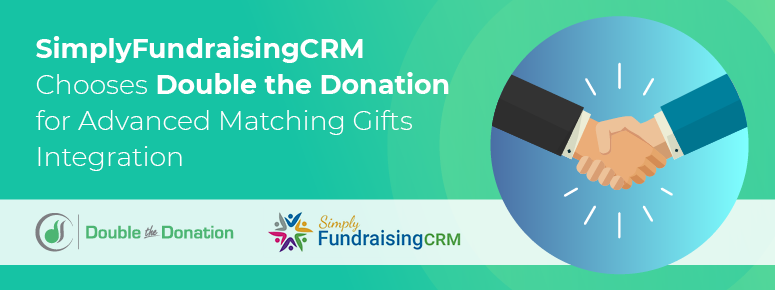
SimplyFundraisingCRM Chooses Double the Donation for Advanced Matching Gifts Integration
Double the Donation and SimplyFundraisingCRM are proud to unveil…
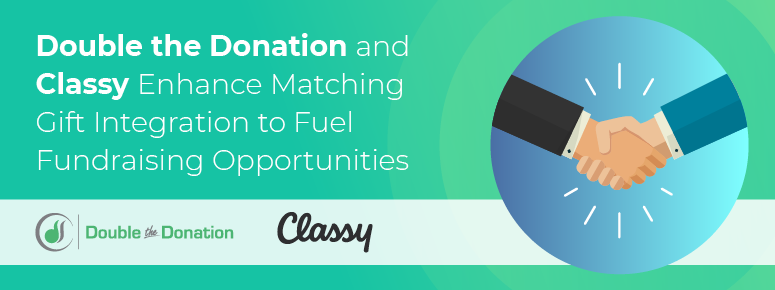
Double the Donation and Classy Enhance Matching Gift Integration to Fuel Fundraising Opportunities
Double the Donation and Classy have come together to enhance…

